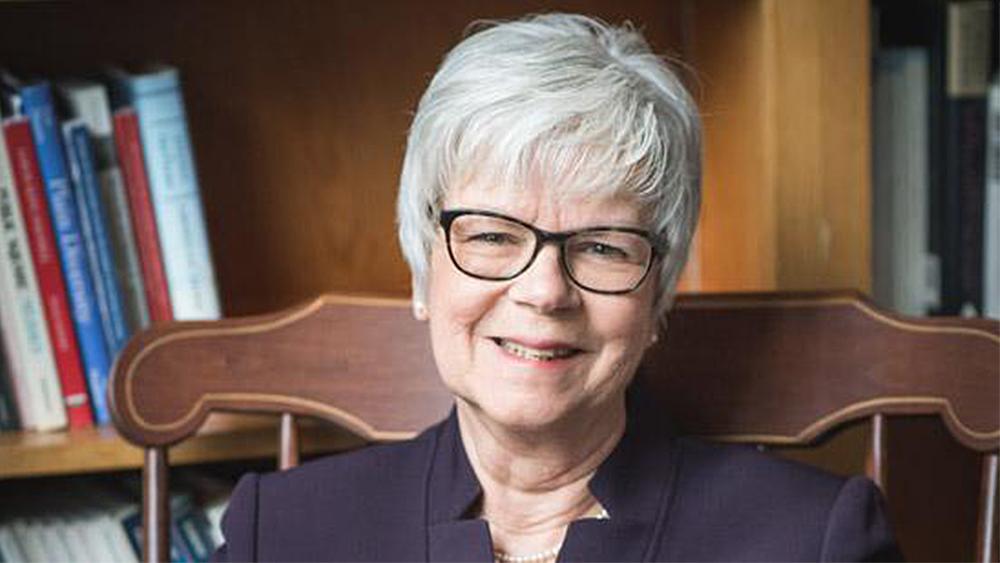
It Matters Who You Are Talking To

One of the most striking findings of the study What Does Spirituality Mean to Us? is what happened in the focus groups: People who came in with one view of themselves, their spirituality, and its effects on their lives often came to different conclusions by the end of the discussion. When it comes to what we think spirituality is and how it works, it matters who you are talking to.
While spirituality is an increasingly widespread topic in U.S. culture, it doesn’t have an officially designated definition, and there are few if any organized locations where people talk together about what it means—except, of course, organized religious groups. There simply aren’t widespread agreed-upon understandings, even if there are recognizable underlying patterns. That’s how language works, and that’s how self-identity works. It matters who you are talking to.
This study joins several broad-based studies from the U.S. and Europe that have documented the range of connotations of the term “spirituality,” and there is a remarkable degree of overlap among them. These results, then, reinforce the range of meanings spirituality has acquired—from a relationship with Jesus to a feeling of awe in the universe. It also reinforces the high degree of overlap between the identities, beliefs, and practices of religious people with those of people who consider themselves spiritual. For most people, being spiritual and being religious go together. That overlap, however, is much wider in the U.S. than in Europe. In Europe, it is much more common for spirituality to be defined in individual, self-oriented, non-religious ways. Here, people’s spiritual beliefs and practices are strongly shaped by their religious communities. It matters where you ask the question.
That means that the results of this fascinating study lead us to ask more questions—where are these spiritual ideas coming from and how are they sustained? My own research led me to the conclusion that a spiritual outlook on life requires a circle of ongoing conversation in which that outlook is nurtured. Perhaps attending religious services, but even more importantly, participating in a group or activity that encourages a spiritual perspective. It matters who you’re talking to.
This Expert Insight is from Nancy Ammerman, Ph.D., Professor of Sociology of Religion Emerita, Boston University.

